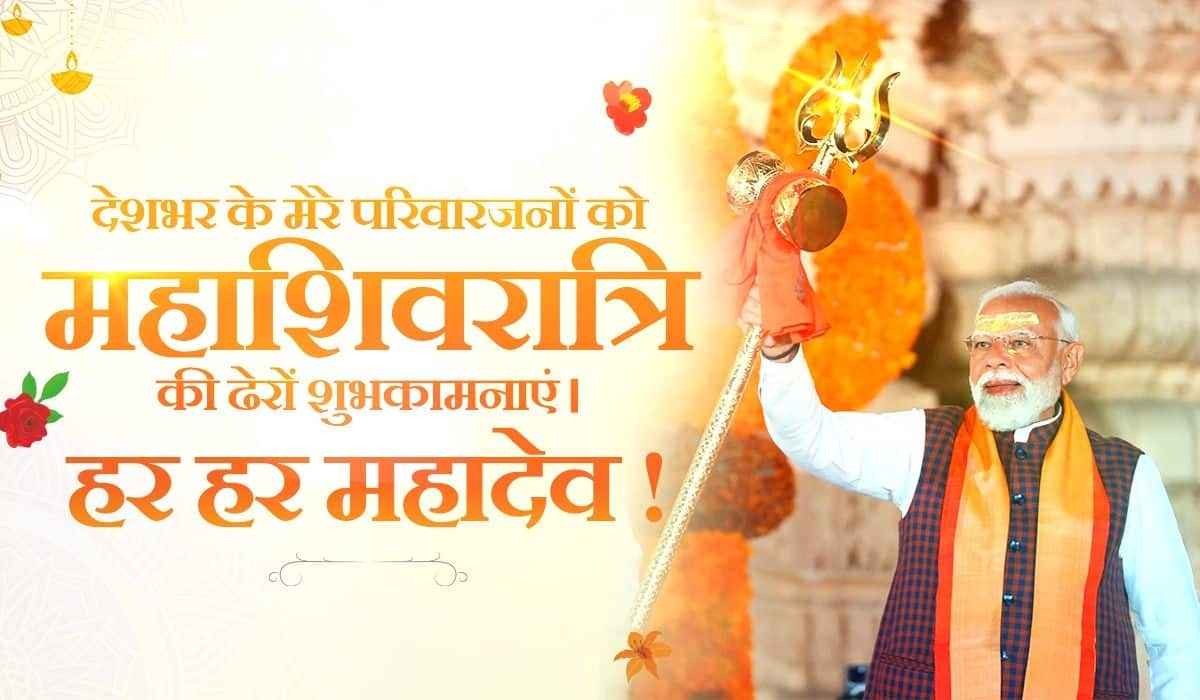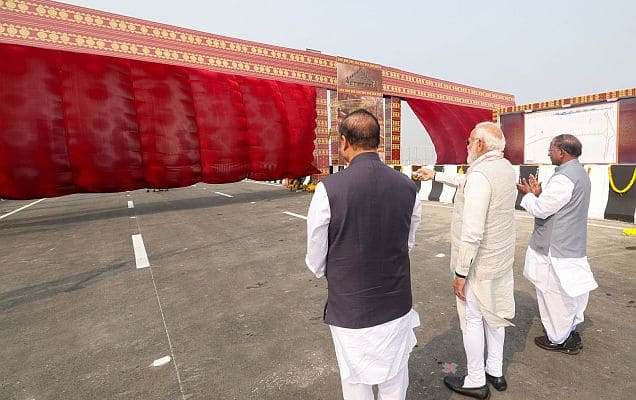A unique facet of Gujarat’s development journey drew the attention of the World Heath Organization (WHO)! A release by PTI has stated that the WHO has expressed its keenness in Gujarat’s system of keeping a track of spurious medicines through SMS alert.
Gujarat’s Food and Drug Control Administration developed an SMS-alert system in which stakeholders in the state can be notified about recalled fake drugs. This model is cost effective and was initiated earlier this year. It is also a model that has received praise from executives of reputed global pharma giants.
The system has already issued 60 alerts for drugs that are of inferior quality and chemists have been asked not to sell those medicines. The threat of fake medicines is a very lethal one and can be extremely harmful if not curtailed on time. This is an extremely commendable step taken by the Gujarat Government.
Incorporating Technology for the Betterment of People
Shri Narendra Modi is a firm believer in the power of technology. He has not only been an avid user of the latest technology himself but also has successfully integrated it in the working of the Government so that people on a large scale can benefit from it. Be it grievance redressal, strengthening basic IT skills for the youth or education and even the courts, Shri Modi has ensured that technology touches the lives of the people in a way that they can derive maximum benefit.
Technology in the Health Sector- Saving Lives
One sector that has stood to gain immensely from Shri Modi’s vision on integrating the working of the Government and policy with technology is the healthcare sector. With the amalgamation of the latest technology with the healthcare sector, a positive difference can be made among the lives of the people.
Take for example the Integrated Management of New Born and Childhood Illness (IMNCI)- this was launched in 2005 combined with the E-Mamta Initiatives wherein a mother and child are registered and the post-natal nutrition, health and immunization status are tracked on computerized basis. This has led to a fall in the infant mortality rates. E-Mamta is the proud winner of the Social Innovation Honours given by NASSCOM.
The other success story of how technology in the healthcare sector has touched lives in the 108 Ambulance service. Thanks to this initiative, medical emergencies have become far easier to handle as timely help is provided in the Ambulance itself, thus proving to be a lifesaver on many occasions.

In one of his speeches, Shri Narendra Modi recalled how the tribal community has gained a lot from this service. Earlier there were instances of many people losing their lives due to snakebite but with the 108 this has become history! He had also shared that the 108 service was instrumental in 32,000 deliveries where both the Mother and Child have been saved. This is what we call technology on the wheels for the benefit of the people of Gujarat!
Technology is here to stay and its importance will only increase in our lives. It is very inspiring and visionary of Shri Modi to incorporate technology in the workings of the Government so that all sections of society stand to gain from it and the overall development journey of Gujarat receives a strong impetus.
References Cited:
https://www.firstpost.com/living/who-shows-interest-in-gujs-sms-model-to-check-fake-medicines-516552.htmlGujarat: Governance for Growth and Development (Bibek Debroy)














